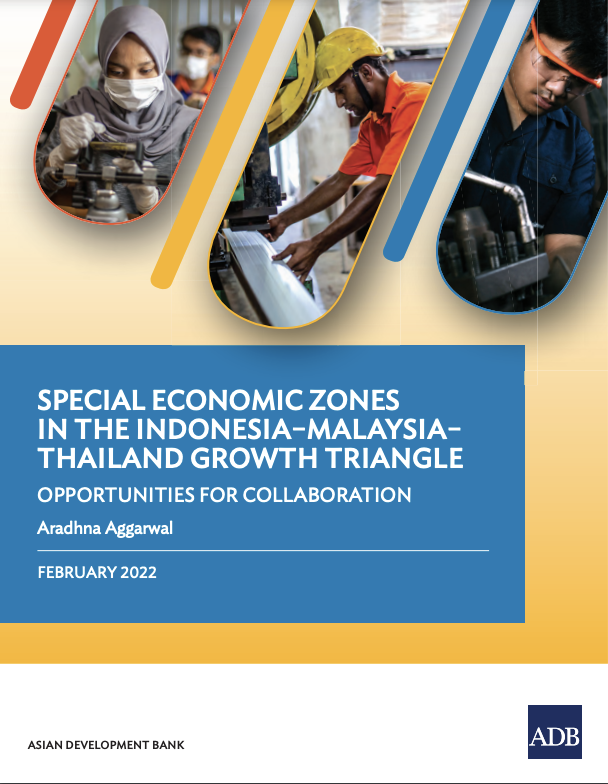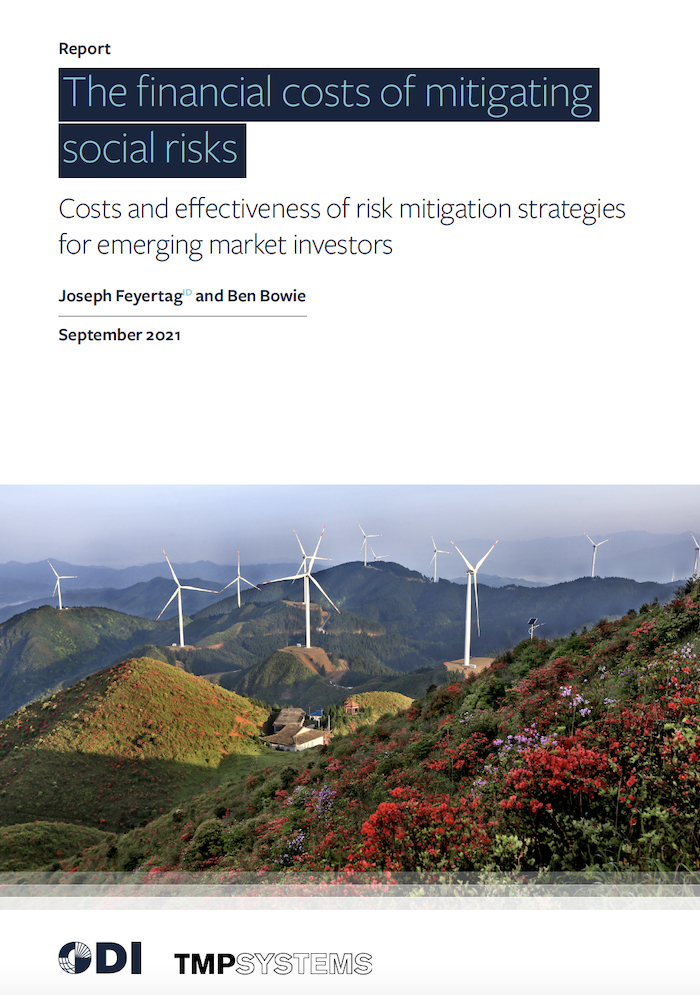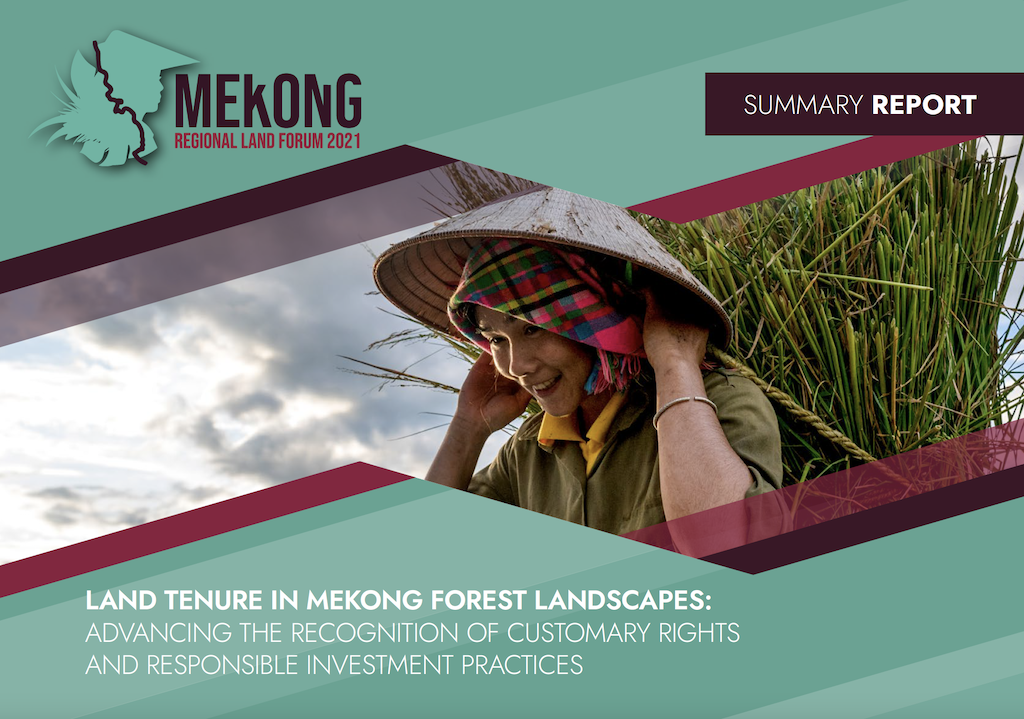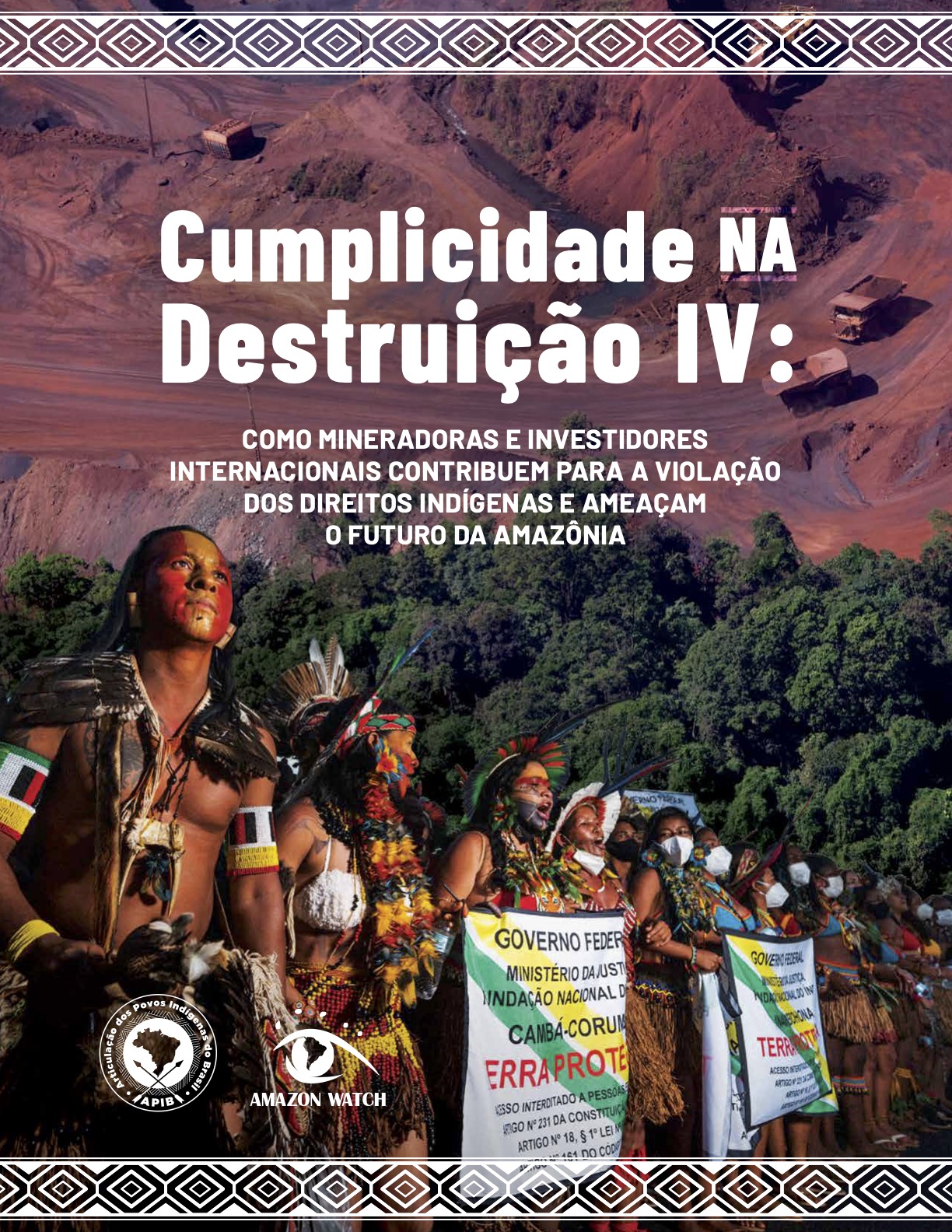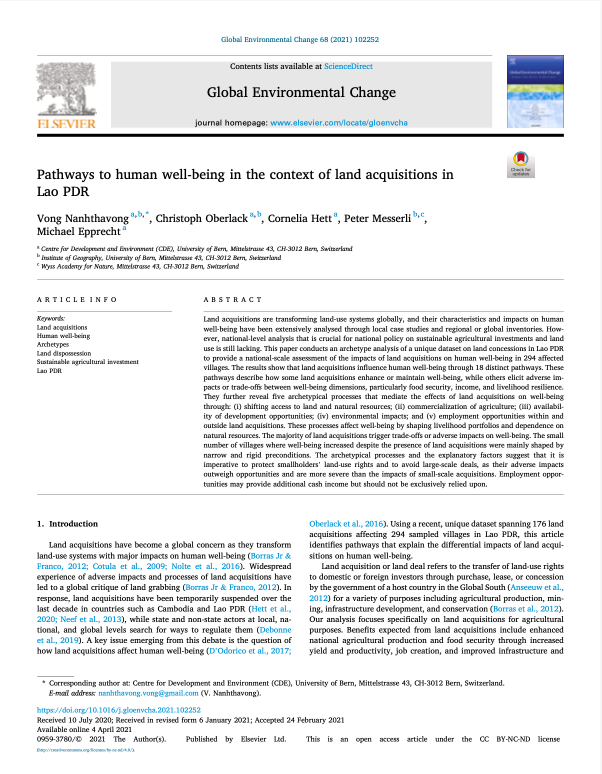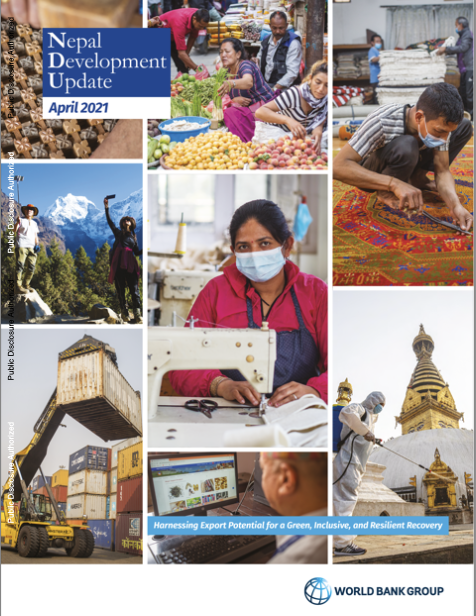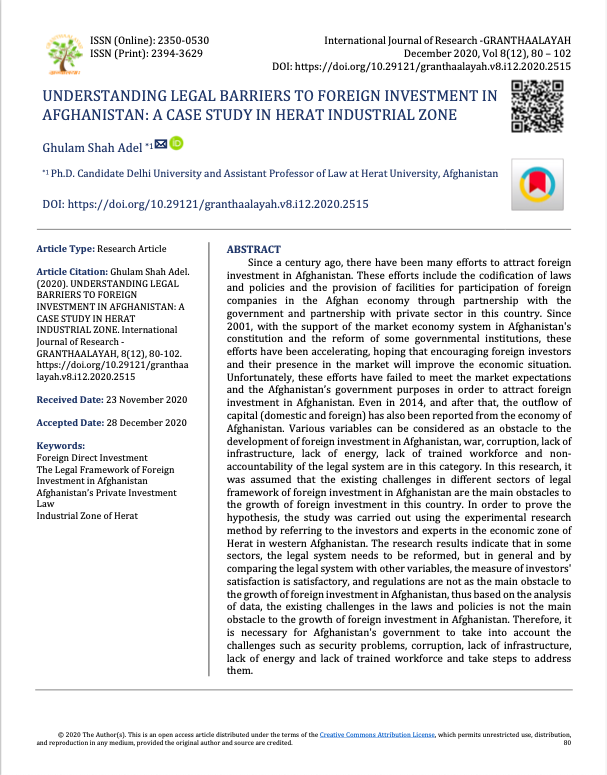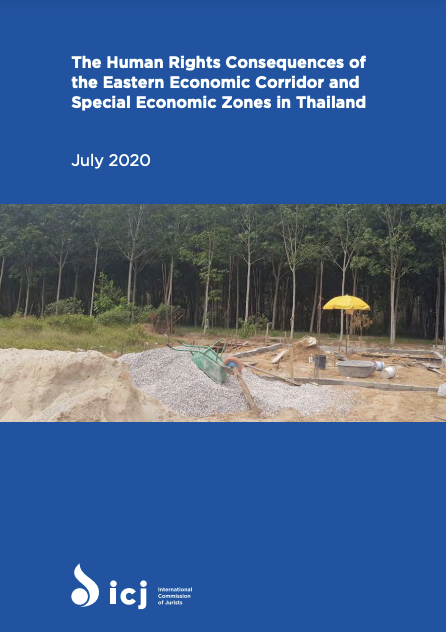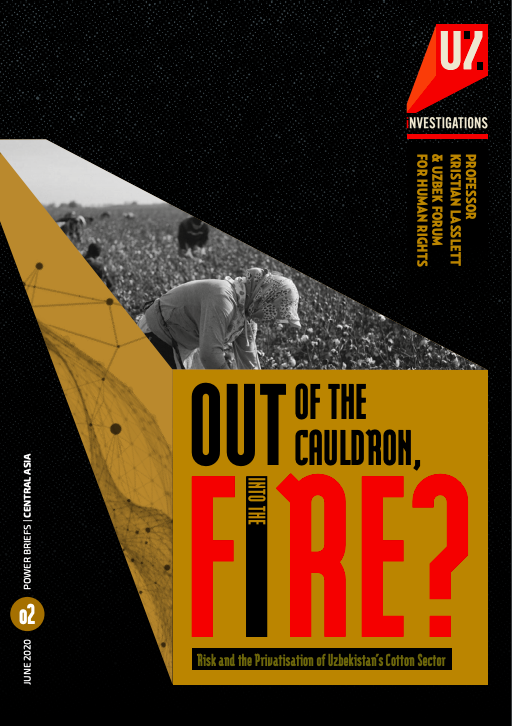Special Economic Zones in the Indonesia-Malaysia-Thailand Growth Triangle: Opportunities for Collaboration
Mapping out and assessing the economic performance of SEZs across the subregion, the publication highlights the threats they face from digital technologies, rising competition for foreign investment and international trade standoffs. Against the backdrop of COVID-19, it details a range of practical steps designed to increase trade, create jobs, and build economic resilience across the three countries.

